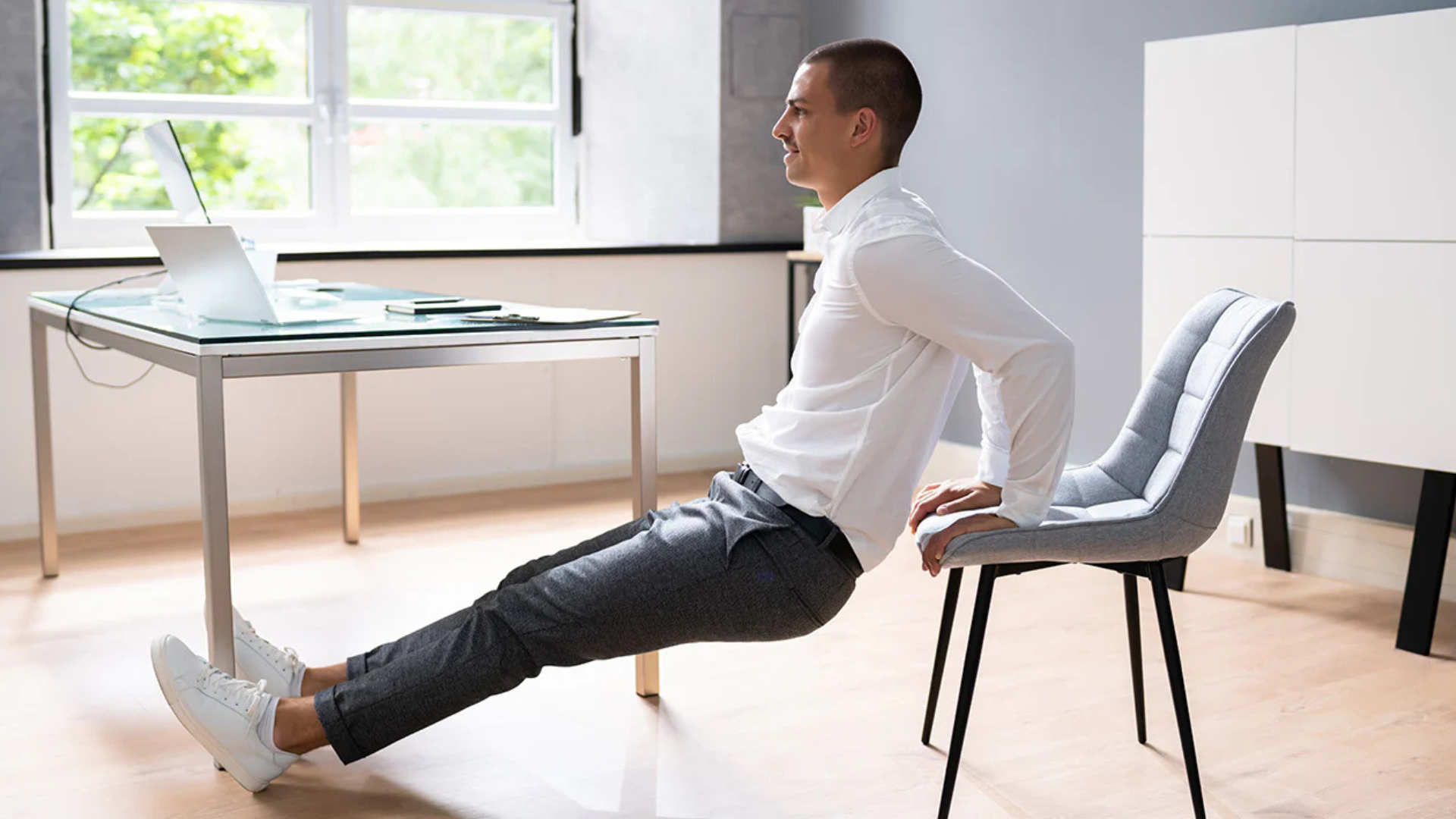No Time for a Full Workout? Try Exercise Snacking Instead
Stay active, stay healthy
Imagine this: You’re sitting in a coffee shop, scrolling through TikTok, when suddenly you come across a fitness influencer squeezing in some squats while waiting for their latte. You think, “There’s no way that’s doing anything, right?” But here’s the kicker—it actually is! Welcome to the world of exercise snacking, where even small, quick movements throughout the day can add up to big benefits for your physical and mental health.
What is Exercise Snacking?
Exercise snacking refers to short bursts of physical activity spread throughout the day, rather than one long workout. These short sessions can last anywhere from 1 to 10 minutes and can be as simple as doing squats, lunges, or a quick walk around the block. The idea is to “snack” on exercise in smaller, manageable portions that fit into your day without the need for a gym or special equipment.
Why is Exercise Snacking Important?
For many people, finding time for a full workout can be tough. Exercise snacking offers a solution that can be done anywhere, at any time. Even short bursts of activity have been shown to improve mental clarity, reduce stress, and boost mood.
In fact, research suggests that even just 10 minutes of moderate exercise can improve brain function and help combat anxiety and depression. This is especially important for young adults who are navigating the mental demands of education, work, and social responsibilities.
Ways to Incorporate Exercise Snacking into Your Day
- Take the Stairs: Instead of the elevator, try taking the stairs for a quick cardio snack. This is a simple and effective way to get your heart rate up and incorporate movement into your day.
- Desk Exercises: If you’re studying or working, try desk-friendly exercises like seated leg lifts or chair dips during short breaks. They’re subtle but effective in keeping your body active.
- Walking Breaks: Instead of scrolling through social media, take a 5-minute walk around your house or outside. This not only gives your brain a break but also refreshes your mind and body.
- Stretching: Stretching for just a few minutes throughout the day can help ease muscle tension and improve flexibility. It’s a great way to unwind during study breaks.
Exercise Snacking for Better Mental Health
Exercise snacking not only improves your physical health but also plays a significant role in boosting your mental well-being. The convenience and flexibility of short workouts mean you can incorporate them even on the busiest of days. By staying physically active, you’re also helping your brain release endorphins, the “feel-good” hormones that help reduce stress and anxiety.


